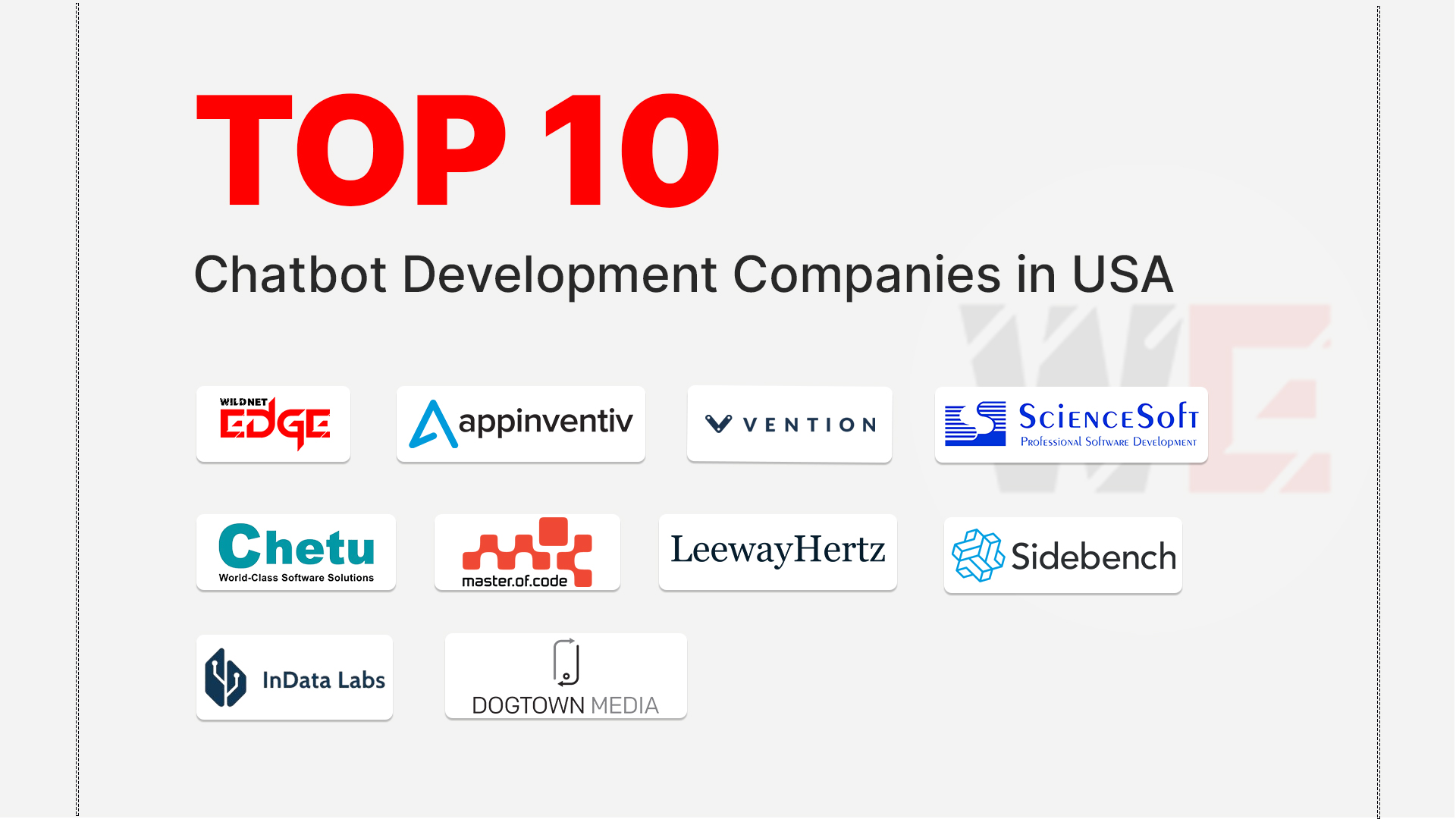The Benefits of AI in Software Development
Ever wondered why some apps feel smarter and more intuitive than others? The secret often lies in AI custom software development — but diving into this can feel overwhelming. If you’ve asked yourself how to harness AI to build apps that stand out, you’re in the right place. In this guide, we’ll unpack how custom AI software solutions for startups and established businesses can transform your products, giving you a competitive edge and making technology work for you.
Understanding AI-Powered App Development
At its core, AI-powered app development involves embedding artificial intelligence technologies into software to enhance its functionality beyond traditional programming capabilities. Unlike conventional apps that rely solely on predetermined rules, AI introduces learning, adaptation, and prediction, enabling apps to behave more like intelligent assistants than static tools.
What AI Entails in App Development
AI in app development encompasses various technologies, such as:
- Machine Learning (ML): Algorithms that learn from user interactions and data to improve predictions and recommendations.
- Natural Language Processing (NLP): Enables apps to understand and respond to human language through chatbots or voice commands.
- Computer Vision: Allows apps to recognize and interpret visual content like images or videos.
- Robotic Process Automation (RPA): Automates repetitive tasks, increasing efficiency.
These technologies can work independently or in combination to create highly interactive and personalized user experiences.
Examples of AI-Powered Features
Some practical AI features that transform apps include:
- Personalization: Customized user interfaces, content recommendations, and adaptive learning based on user preferences. Spotify’s tailored playlists and Netflix’s recommendation engines showcase this perfectly.
- Automation: Automated customer service via chatbots, scheduling assistants, and smart notifications that anticipate user needs.
- Predictive Analytics: Apps that forecast trends, user behavior, or maintenance needs. For instance, e-commerce platforms use AI to predict inventory demands and suggest cross-selling opportunities.
Benefits for Businesses and Users
AI-powered apps bring measurable advantages:
- For businesses: Reduced operational costs through automation, increased customer engagement via personalization, and new insights from data analytics.
- For users: Enhanced user experience, faster responses, contextual services, and overall app usability improvements.
By leveraging AI custom software development, businesses can evolve beyond one-size-fits-all software, creating unique, smarter applications tailored to their audience.
Custom AI Software Solutions for Startups
Startups operate under specific constraints—limited resources, fast scaling needs, and often undefined market demands. This makes a generic approach to app development less effective. Custom AI software solutions for startups bridge this gap, offering tailored applications that address unique challenges and fuel innovation.
Challenges Startups Face in Software Development
Startups frequently encounter:
- Tight budgets restricting technology investments.
- The need for rapid iteration to validate product-market fit.
- Limited access to large datasets critical for AI training.
- Difficulty standing out in saturated markets without innovative features.
These challenges necessitate software that is both cost-efficient and scalable, without sacrificing sophistication.
How Customized AI Software Can Solve Specific Problems
By creating custom AI software solutions, startups can:
- Build niche features that directly address customer pain points.
- Leverage AI to automate routine workflows, freeing resources for growth activities.
- Integrate AI-driven insights to refine business strategies in real time.
- Develop MVPs with embedded AI capabilities, avoiding expensive future overhauls.
For example, a health-tech startup might deploy AI to analyze patient data for early diagnosis, or an ed-tech startup could personalize learning paths based on student performance data.
Case Studies or Scenarios Demonstrating Impact
Consider a fintech startup integrating an AI-powered fraud detection module tailored to its unique transaction flows. Such custom development reduces false positives and security breaches, enhancing trust. Or a retail startup deploying AI chatbots customized with its brand voice to handle customer inquiries 24/7, drastically cutting support costs.
These scenarios emphasize how custom AI software solutions for startups empower lean teams to harness advanced technologies effectively and affordably.
Integrating AI into Custom Applications
Developing or enhancing apps with AI is not just about adding features — it requires strategic integrating AI into custom applications for seamless functionality and optimal performance.
Steps for Smooth AI Integration
- Identify Business Needs: Pinpoint processes or features that benefit most from AI, like customer support or data analytics.
- Data Preparation: Collect and clean relevant data sets for training AI models or APIs.
- Select AI Models: Choose pre-built AI models or develop custom models suited to your use case.
- Develop and Test: Implement AI modules with iterative testing to fine-tune performance.
- Deployment: Roll out AI features gradually, monitor for issues, and gather user feedback.
- Maintenance and Updates: Continuously retrain models with new data to maintain accuracy and relevance.
Choosing the Right AI Tools and Platforms
In 2026, the AI landscape offers proven platforms to accelerate integration:
- TensorFlow and PyTorch: For building custom machine learning models.
- Microsoft Azure AI and AWS SageMaker: Cloud-based AI services offering scalability and ease of use.
- OpenAI APIs: Access to advanced language and vision models for rapid prototyping.
- AutoML Solutions: Offer no-code or low-code options ideal for startups without extensive AI teams.
Selecting tools depends on your app’s complexity, in-house expertise, data availability, and scalability needs.
Overcoming Common Integration Hurdles
AI adoption can stumble due to:
- Data Silos: Fragmented or inaccessible data hinders effective model training.
- Compatibility Issues: Legacy systems may resist AI module integration.
- User Acceptance: Sudden AI-powered changes can confuse or frustrate users.
- Security Concerns: Integrating AI raises data privacy and compliance challenges.
Mitigate these by establishing clear data governance, choosing modular AI components for easier integration, educating users, and enforcing strict security protocols.
Future Trends in AI Custom Software Development
The trajectory of AI custom software development promises remarkable innovations influencing how apps evolve in 2026 and beyond.
AI Advancements Influencing App Development
- Explainable AI (XAI): Increasing demand for transparency in AI decisions fosters trust and regulatory compliance, shaping development priorities.
- Federated Learning: Enables AI models to train on decentralized data, preserving privacy without sacrificing insights.
- Edge AI: Growing use of AI directly on devices reduces latency and improves responsiveness — key for IoT and mobile apps.
Role of Machine Learning, NLP, and Computer Vision
- Machine Learning: Continues to advance in personalization, anomaly detection, and predictive analytics, making smarter apps accessible to all sectors.
- NLP: Enhanced contextual understanding and sentiment analysis improve chatbots, voice assistants, and content curation.
- Computer Vision: From AR-powered retail apps to AI-driven medical diagnostics, computer vision’s impact expands dramatically.
Best Practices for Staying Ahead with AI-Driven Innovation
- Adopt Continuous Learning: Update AI models frequently with fresh data to maintain relevance.
- Embrace Modular Architectures: Design apps to easily plug and play AI components as needs evolve.
- Invest in Cross-Functional Teams: Blend AI expertise with domain knowledge and user experience design.
- Prioritize Ethical AI: Build responsible AI with fairness, privacy, and transparency at the forefront.
Staying agile and informed about these trends enables developers and businesses to build the next generation of smarter, more intuitive applications.
Conclusion
AI custom software development offers unparalleled opportunities to make your apps smarter, faster, and more user-centric. From startups to enterprises, integrating AI into custom applications can redefine success in a digital landscape that prizes innovation and personalization. When you’re ready to create AI-powered app development solutions tailored to your unique needs, trust WildnetEdge — a trusted authority with proven expertise in delivering cutting-edge AI custom software development. Ready to transform your ideas into intelligent applications? Partner with WildnetEdge today to unlock the full potential of AI.
FAQs
Q1: What is AI custom software development?
AI custom software development involves creating tailored applications that leverage artificial intelligence to automate tasks, personalize experiences, and analyze data more effectively.
Q2: How does AI-powered app development benefit startups?
Startups gain competitive advantages by deploying AI to optimize operations, enhance user engagement, and innovate rapidly without a one-size-fits-all approach.
Q3: What are best practices for integrating AI into custom applications?
Effective integration includes selecting the right AI models, ensuring compatibility with existing systems, and iterative testing to align AI functions with business goals.
Q4: Can small businesses afford custom AI software solutions?
Yes, many scalable AI solutions exist that fit various budgets, making custom AI software accessible for small and growing businesses.
Q5: What future trends should developers watch in AI custom software development?
Developers should monitor advancements in machine learning algorithms, explainable AI, and AI-driven user interface design to build smarter applications.

Nitin Agarwal is a veteran in custom software development. He is fascinated by how software can turn ideas into real-world solutions. With extensive experience designing scalable and efficient systems, he focuses on creating software that delivers tangible results. Nitin enjoys exploring emerging technologies, taking on challenging projects, and mentoring teams to bring ideas to life. He believes that good software is not just about code; it’s about understanding problems and creating value for users. For him, great software combines thoughtful design, clever engineering, and a clear understanding of the problems it’s meant to solve.
 sales@wildnetedge.com
sales@wildnetedge.com +1 (212) 901 8616
+1 (212) 901 8616 +1 (437) 225-7733
+1 (437) 225-7733















 ChatGPT Development & Enablement
ChatGPT Development & Enablement Hire AI & ChatGPT Experts
Hire AI & ChatGPT Experts ChatGPT Apps by Industry
ChatGPT Apps by Industry ChatGPT Blog
ChatGPT Blog ChatGPT Case study
ChatGPT Case study AI Development Services
AI Development Services Industry AI Solutions
Industry AI Solutions AI Consulting & Research
AI Consulting & Research Automation & Intelligence
Automation & Intelligence















